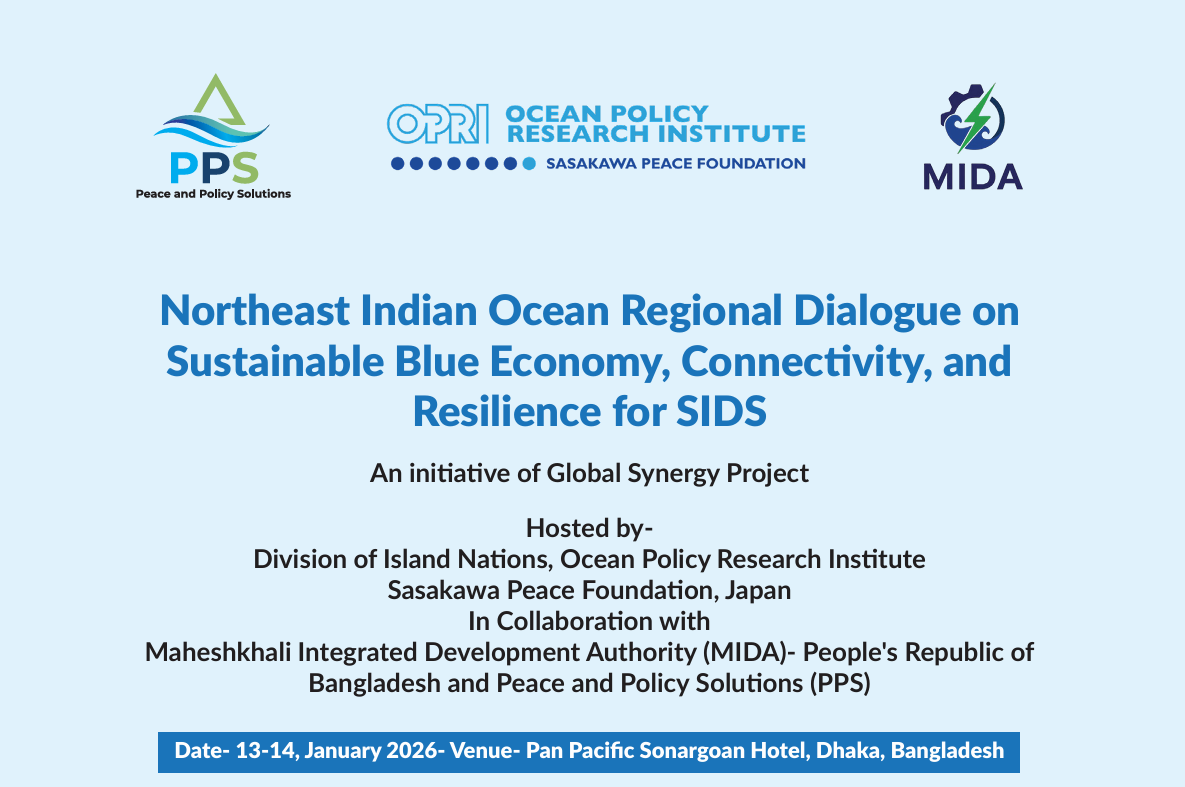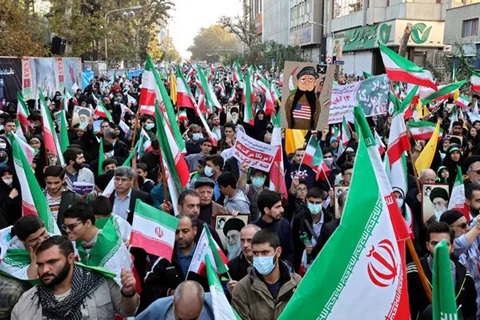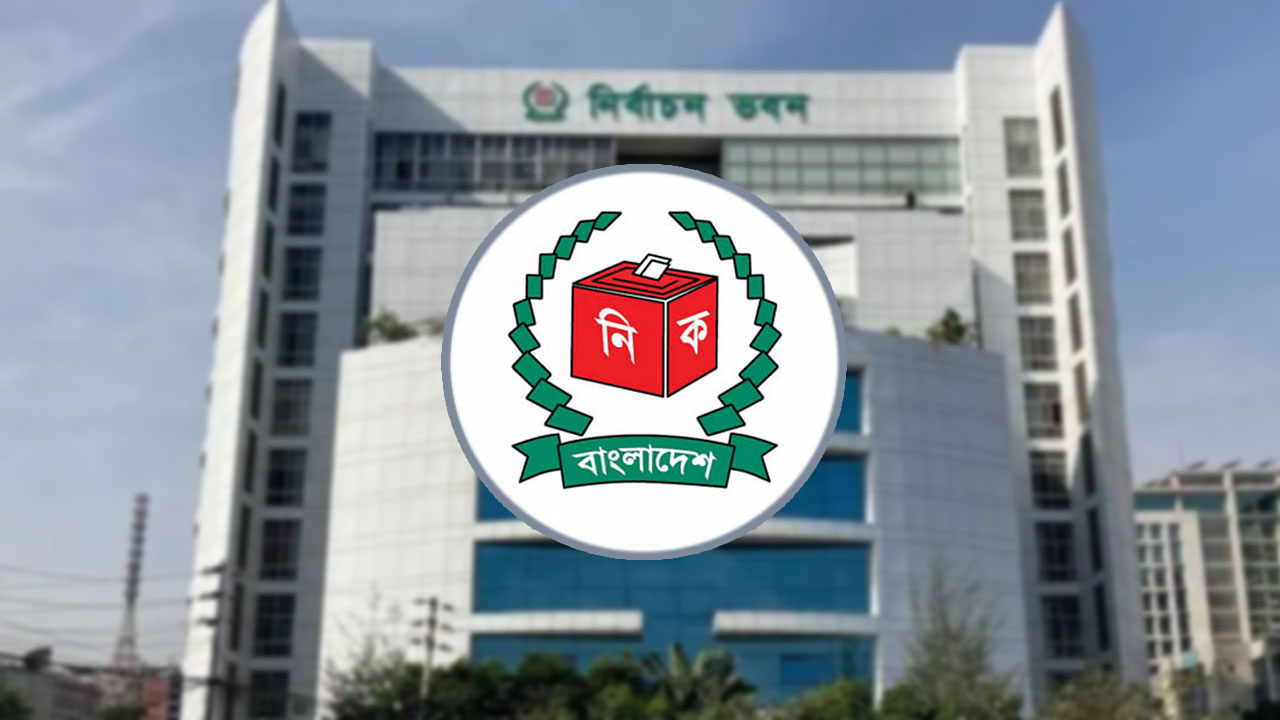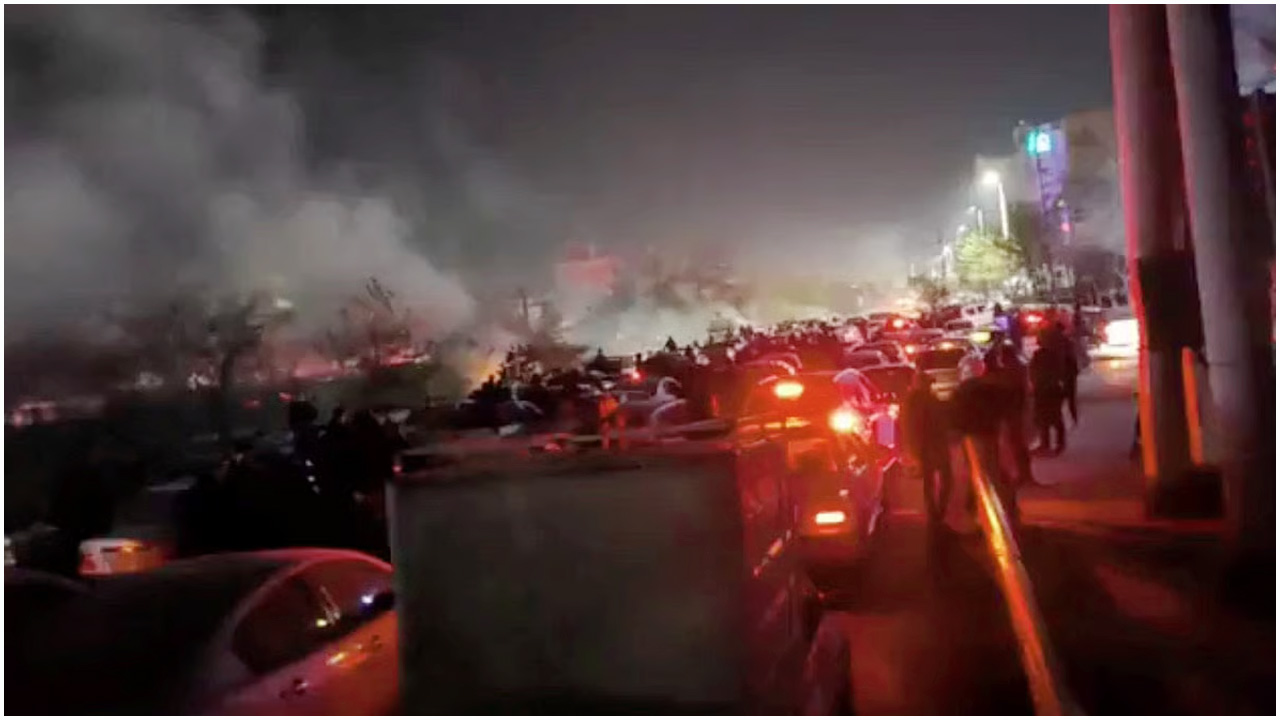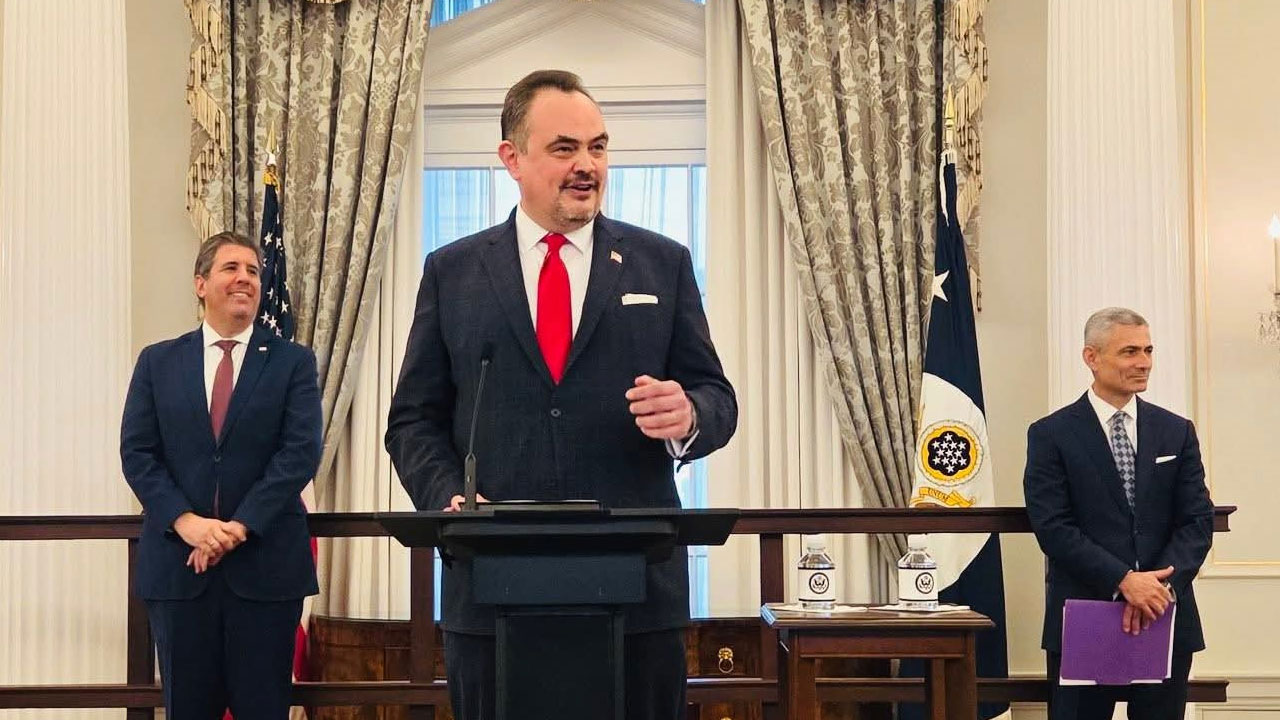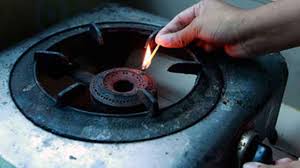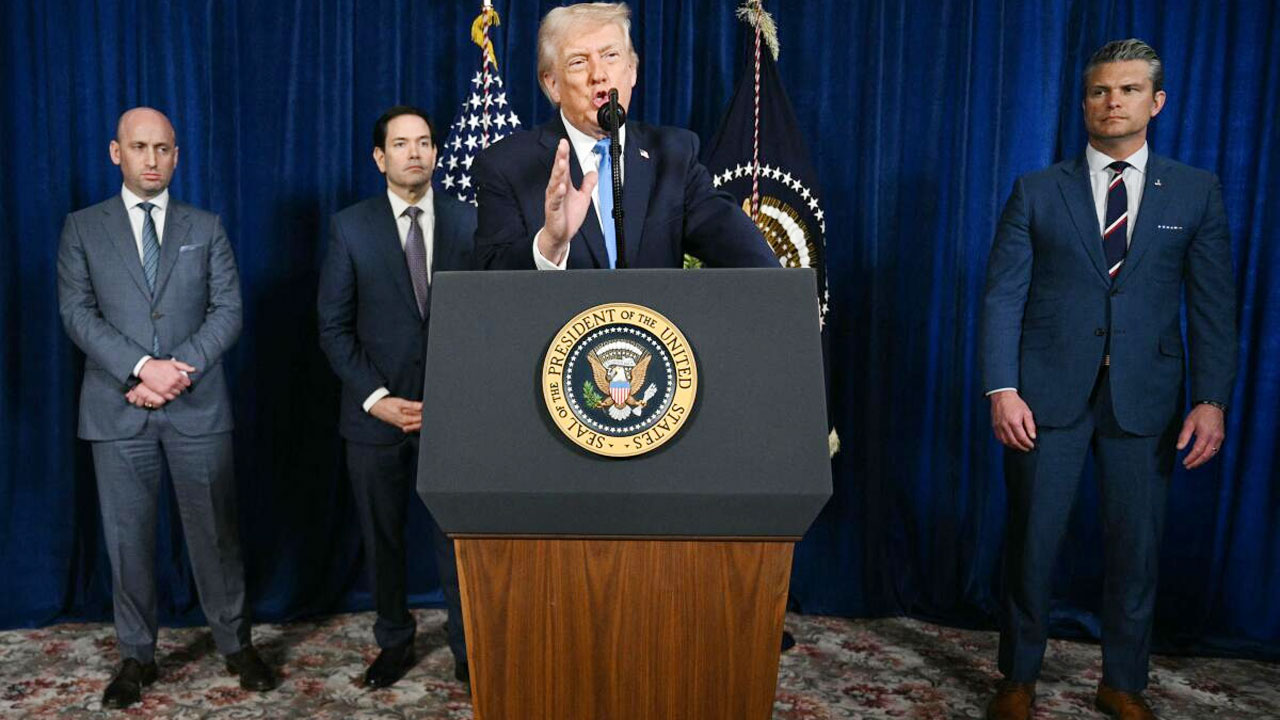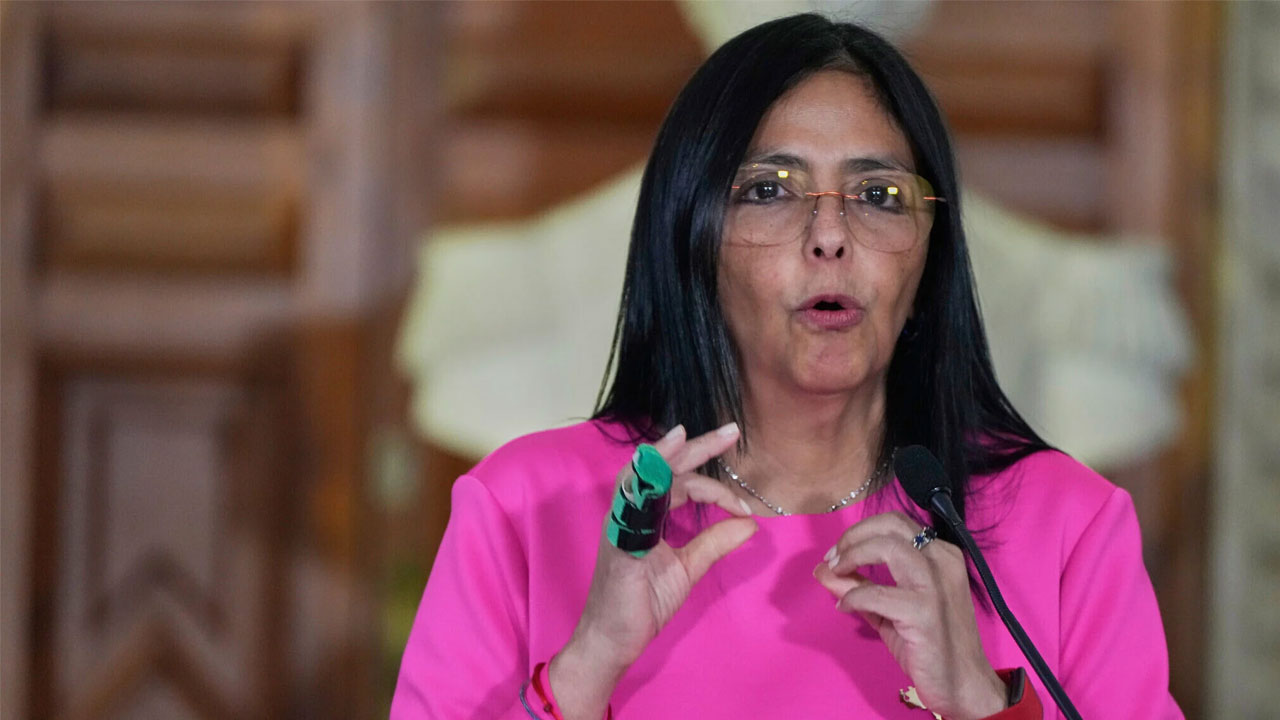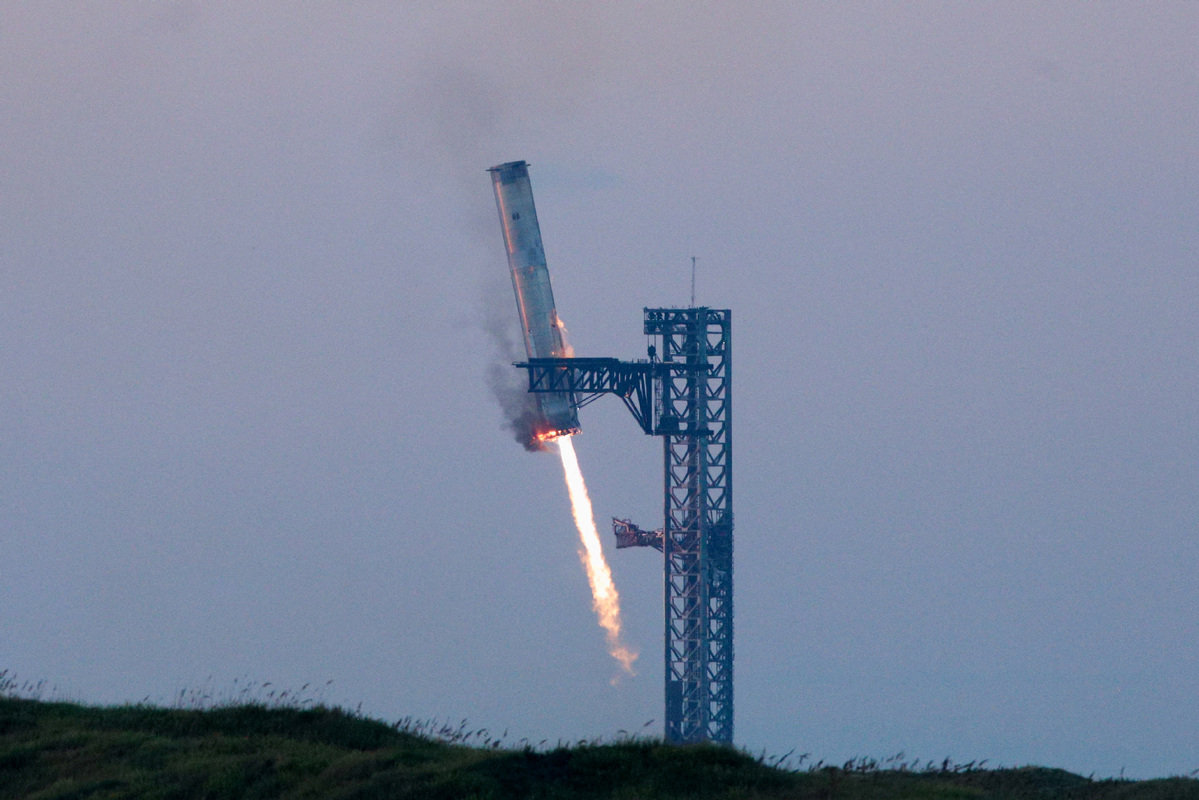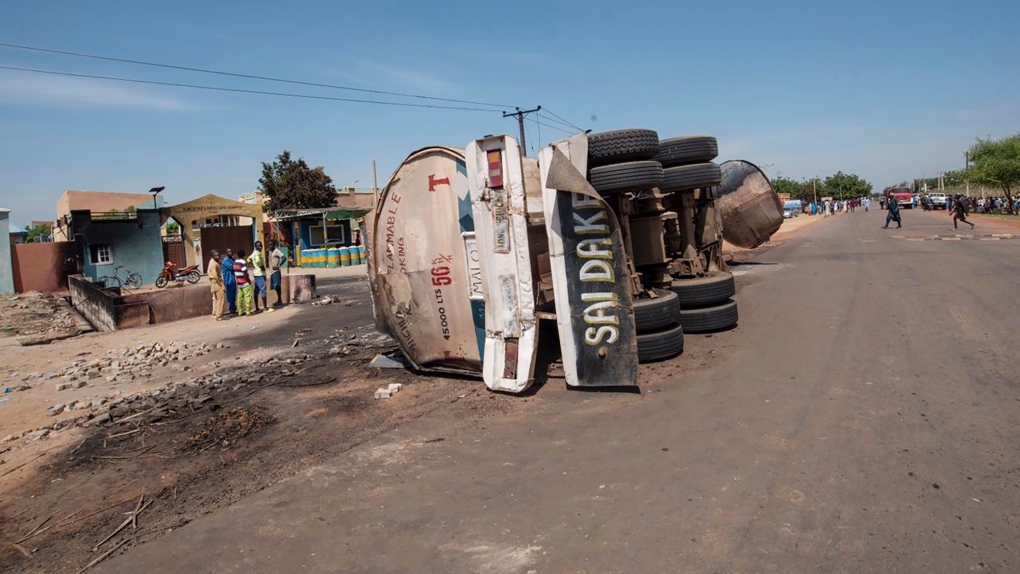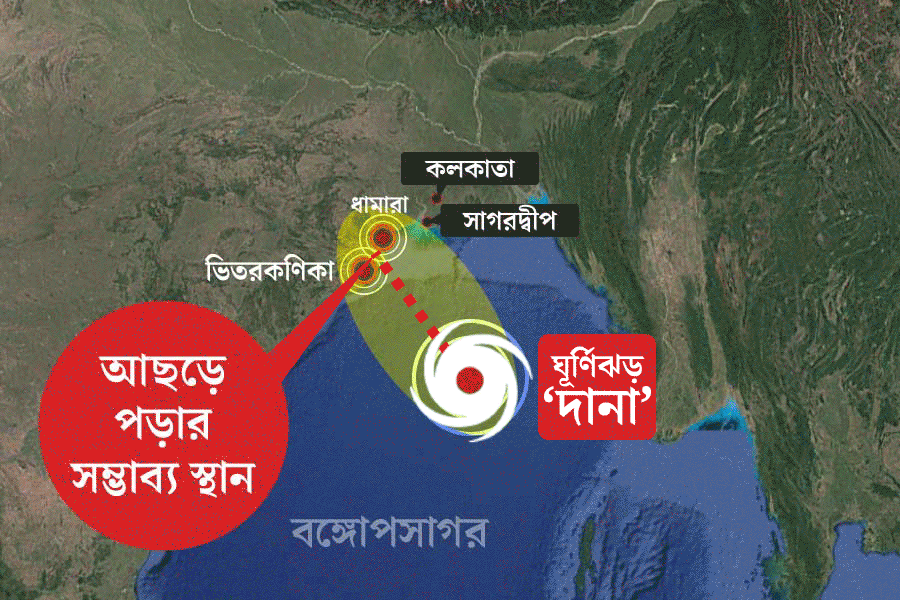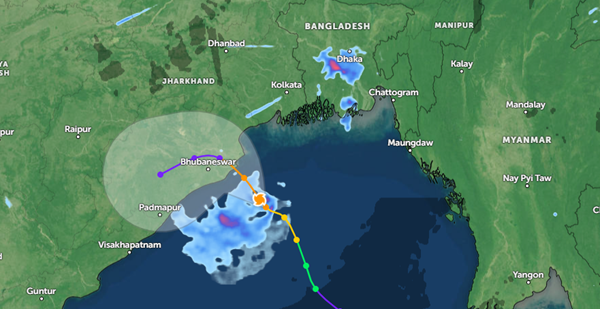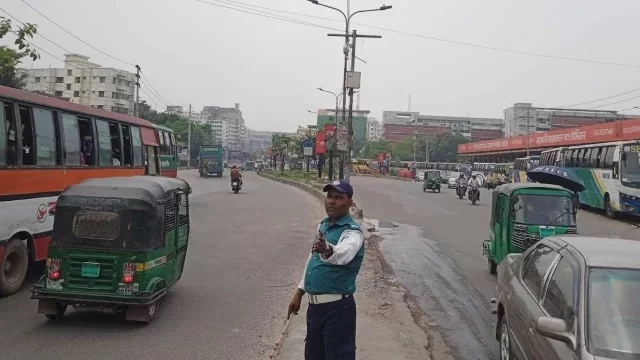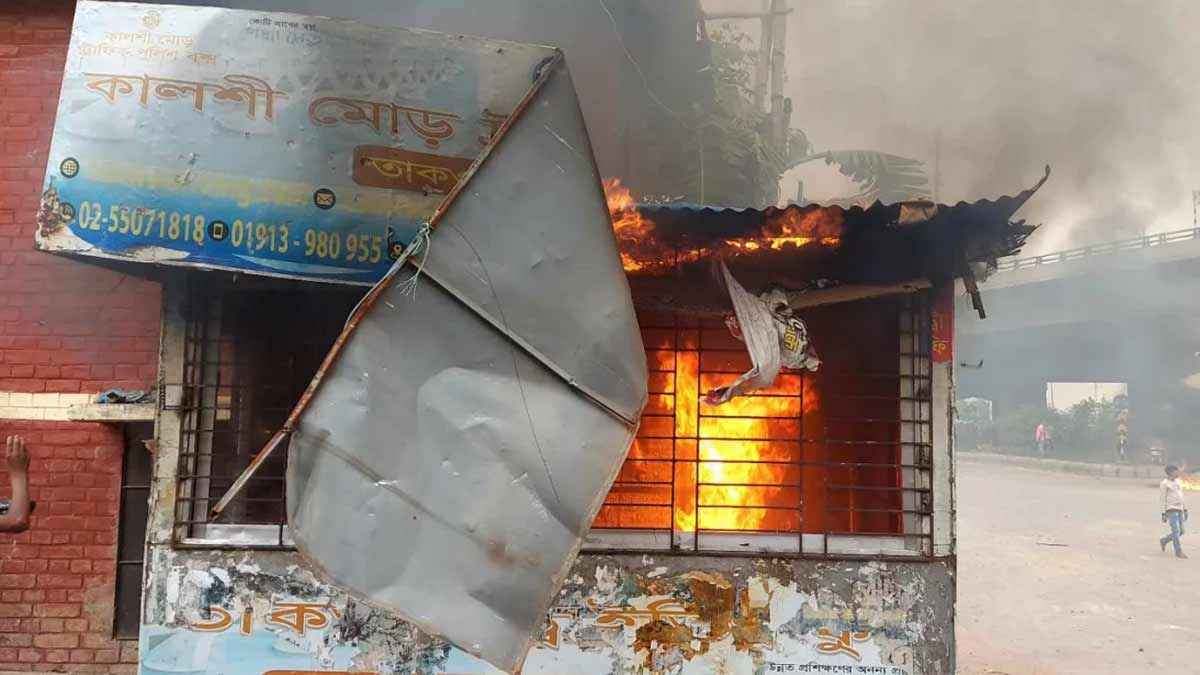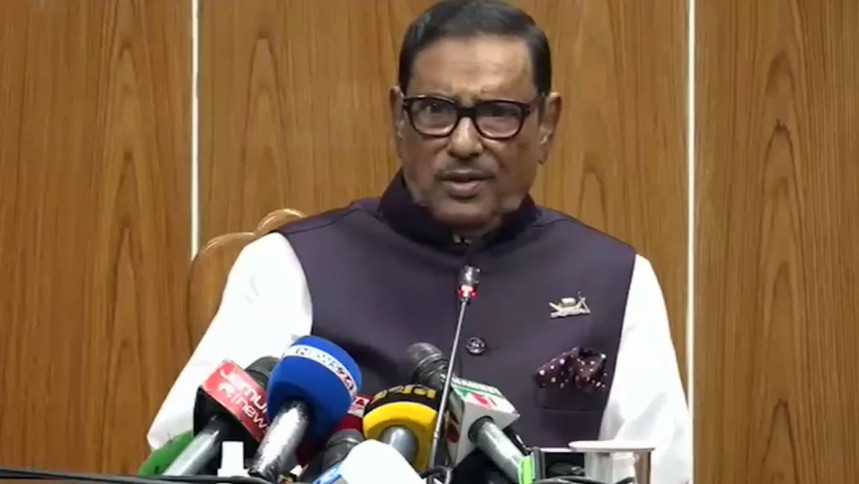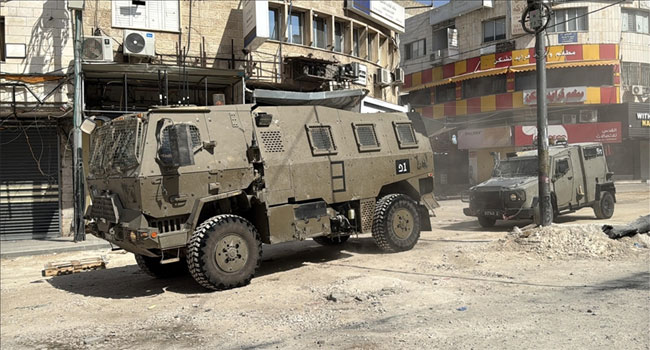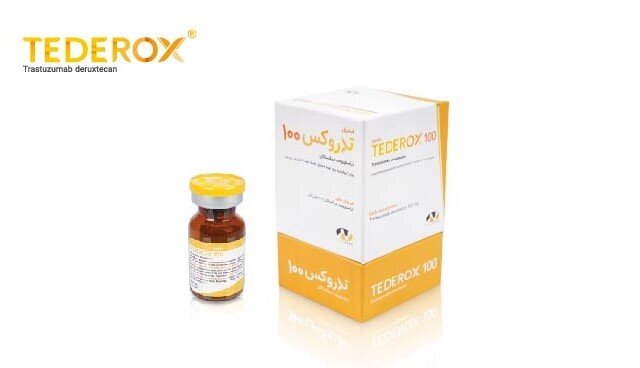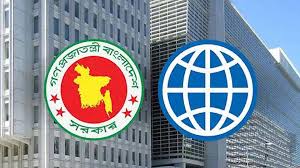
The World Bank's Board of Executive Directors on Thursday approved a total of $640 million in loans for two projects to improve gas supply and air quality.
"Energy security and improving air quality are important economic and development priorities for Bangladesh," said Gail Martin, World Bank's interim country director for Bangladesh. "By addressing the root causes of gas supply constraints and urban air pollution, these two projects will help Bangladesh increase economic growth, improve productivity, and create jobs," she said.
One of the two projects is the $350 million Energy Sector Security Enhancement Project. The project will ensure energy security by providing easy financing to the state-owned Petrobangla company. Under it, up to $2.1 billion in private capital can be provided for LNG imports over the next seven years through an IDA guarantee.
IDA is the International Development Association, under which the World Bank Group guarantees the expansion of its loans.
LNG accounts for one-fourth of the gas used in Bangladesh. Of this, 42 percent is used for power generation. Inevitably, the shortage of LNG disrupts power supply and affects the economy. Ensuring the supply of LNG through this new World Bank project will ensure Bangladesh's economic development, said Oliyanka Bisiriyu Adebiri, the task team leader of the project and a senior energy specialist at the World Bank.
The other project is the $290 million Bangladesh Clean Air Project. Air pollution in Bangladesh causes at least 150,000 deaths, 25 million days of illness, and costs 8.3 percent of GDP on health. Dhaka is one of the most polluted cities in the world. The city's air quality is 18 times worse than the World Health Organization's limit.
This World Bank project will install new and improved stations at the Department of Environment, which will improve air quality control and monitor sources of air pollution.
The project will use 400 buses that will not produce any pollution. Not only that, mobile testing stations and special testing kits will also be provided to measure the amount of pollution being emitted by other vehicles in the city. It is expected to reduce 2,734 metric tons of PM2.5 pollution in the air every year.


